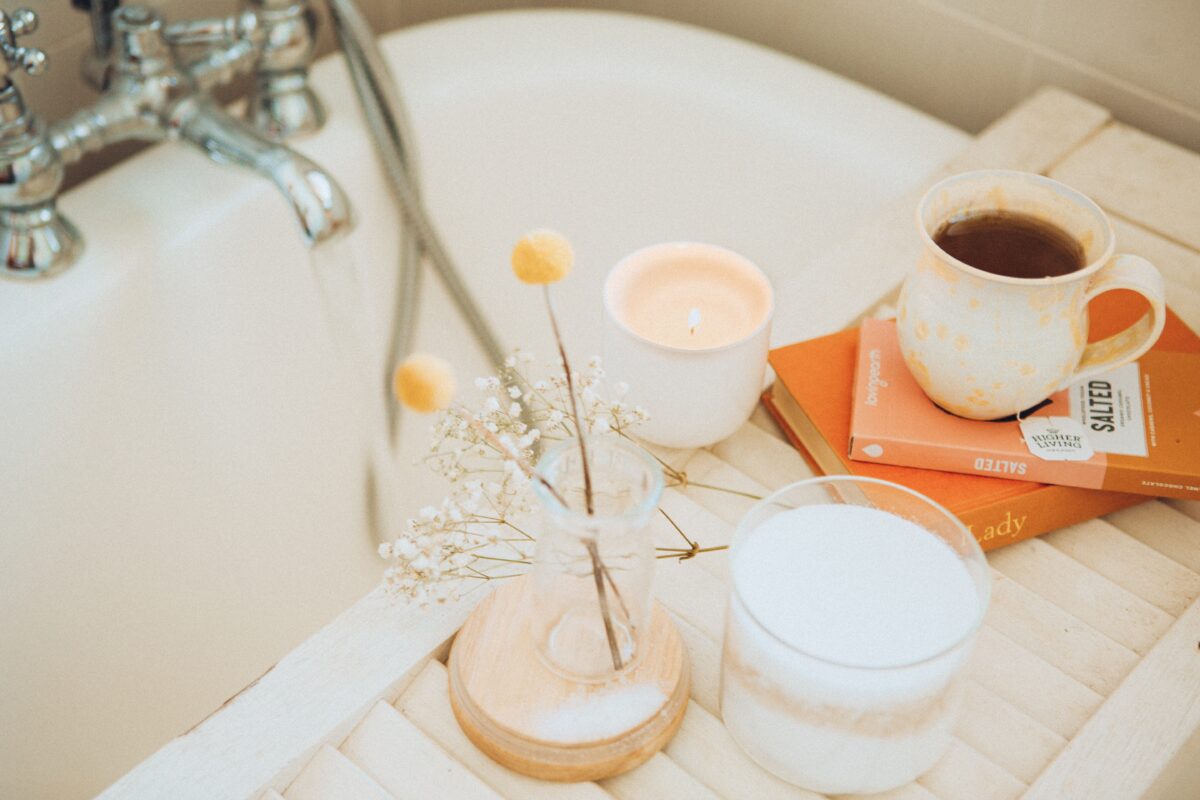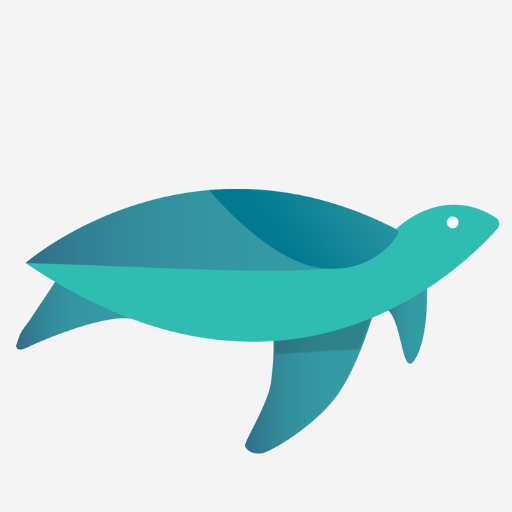By Dr. Monica Blied

I am a clinical psychologist who specializes in integrative care, or whole-health care. Self-care is a big part of my personal and professional value system.
Most people think of self-care as:
- -Massages and spa trips
- -Bubble baths
- -Get your hair, nails, and feet done (i.e., get a mani/pedi)
- -Relaxing on the beach on faraway island
However, self-care is so much more than this and can be quite simpler as well. Self-care includes the following super important skills and activities:
- -Saying NO and not over-committing yourself (Remember that every yes you commit your time to is a “no” to some other area of your life)
- -Setting and maintaining healthy boundaries (Protect your time and energy. Stop giving your energy to toxic people) -Protecting your peace.
- -Rest (With or without sleeping. Remember that restorative sleep/rest is an excellent way to help reset your gut microbiome and manage your mental health and cognitive abilities)
- -Take a moment to breathe. The cleansing, healing breath is called “diaphragmatic breathing” which involves extending your belly when you exhale through your nose and letting your belly sink back in as you slowly exhale through your mouth.
- -Notice the little pleasures in life and around you. This is called mindful awareness.
- -Do something fun! This can be a no-cost activity like going to the park or mall and noticing a new thing, listening to the sound of children’s laughter, watching a comedy movie, or even faking a “haha” laugh for 2 minutes until you make yourself laugh. Smiling and laughing will help release cortisol, the stress hormone in the body.
- -Practice gratitude! Identify just one thing you are grateful for each day. This will train your brain to look for the positive in life and notice what is going right, and help get your focus off everything that’s going wrong.
- -Journal, journal, journal. Either talk it out or write down your thoughts, your worries, your fears, your plans, and your hopes and dreams. Writing things down signals to the brain that it can release anxious thoughts for a moment because there is a place where they are being held (i.e., on the paper instead of in your mind).
- -Spend time in community. Take care to be around people who see you and accept you. Find spaces where you can take off your mask and just “be” instead of always “doing.”
